Christmas puddings, and Raspberry Pi
Inside the Enterprise: Tech's greatest achievement of 2012 could yet turn out to be a tiny, cheap computer.
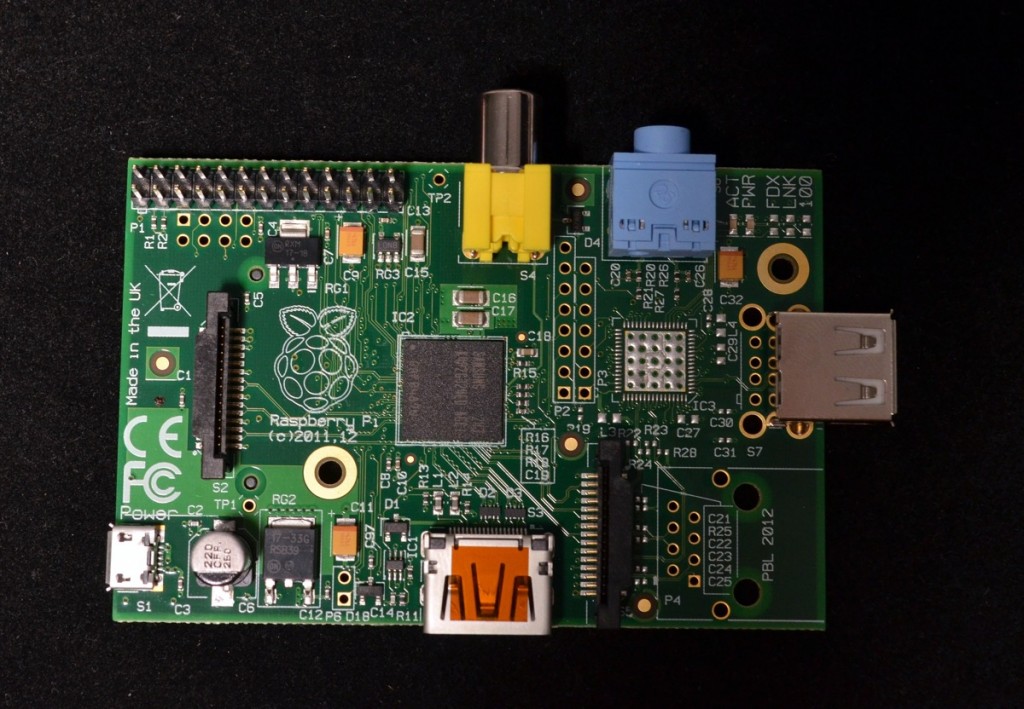
Sign up today and you will receive a free copy of our Future Focus 2025 report - the leading guidance on AI, cybersecurity and other IT challenges as per 700+ senior executives
You are now subscribed
Your newsletter sign-up was successful
This year has not been short of technology milestones. There was the Facebook IPO, the Communications Bill, the EU's ruling on rural broadband funding, 4G finally making it to the UK, the release of Windows 8, and the news that Gary McKinnon would not face extradition to the US - and just this month - that he will not face charges here.
And, if you really, really must, there was the release of the iPhone 5 and iPad Mini.
But whilst gadgets, social networks, and even operating systems come and go, something that lays foundations for the future will have a much more long-lasting impact. That something could well turn out to be the Raspberry Pi.
A whole generation of developers, programmers, games designers and technologists and no small number of CIOs cut their teeth on the ZX81 and Spectrum, and the BBC Micro. These were, even for their time, relatively simple, and above all, cheap, computers. And they promoted the idea of learning to write code.
Devices such as the iPhone, the iPad and Android handsets have certainly created a new buzz around apps, and being a developer is almost cool. But for learning the basics of how a computer works, and for basic programming, the Raspberry Pi has a lot going for it. It is simple, cheap, and really quite powerful.
The Raspberry Pi foundation has just launched its own app store, and developers can submit their software apps, written in the Python language. But the store plans to accept applications written in Scratch, the Pi's language aimed at junior programmers. So it is entirely possible that next year's best-selling apps will have come from schoolkids. Meanwhile, there's already a version of LibreOffice, and a Spotify music client.
Perhaps most remarkably, although it's not on the store, there is a version of the Asterisk phone system, or PBX, for the Pi, called rasPBX. The idea that a device costing just 25 can run an office phone system is little short of remarkable, and the potential for new applications in areas such as building automation or even, perhaps as a prototype or low-cost development platform, health, is vast.
Sign up today and you will receive a free copy of our Future Focus 2025 report - the leading guidance on AI, cybersecurity and other IT challenges as per 700+ senior executives
Couple that with the powerful effect of introducing a whole new generation to the idea of computer programming, and to the idea that we can control machines and ask them to do our bidding, and it's clear that the Pi is the start of something that could do much more than just change the technology and IT industries.
In a few years, if all goes well, Pis, or applications and devices developed and tested on Pis, could be in use in all walks of life. And, of course, this remarkable little computer is a British idea too.
- Happy Christmas and a prosperous New Year to all our readers.
Stephen Pritchard is a contributing editor at IT Pro.
-
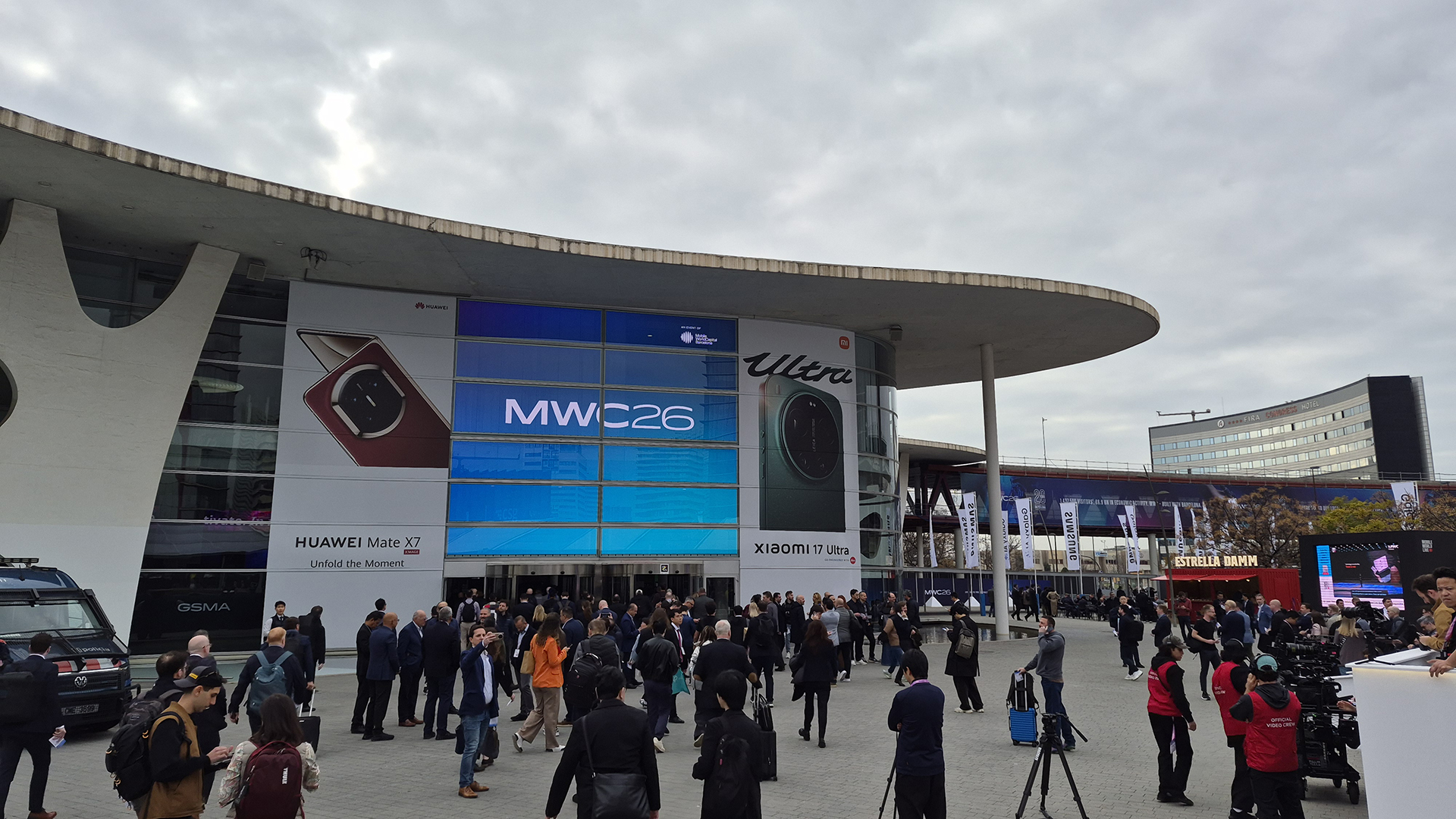 Give businesses more practical AI services and some return on investment before you go selling 6G
Give businesses more practical AI services and some return on investment before you go selling 6GThe value of modular computing and community-led development wins big at MWC, while AI continues to consume us all
-
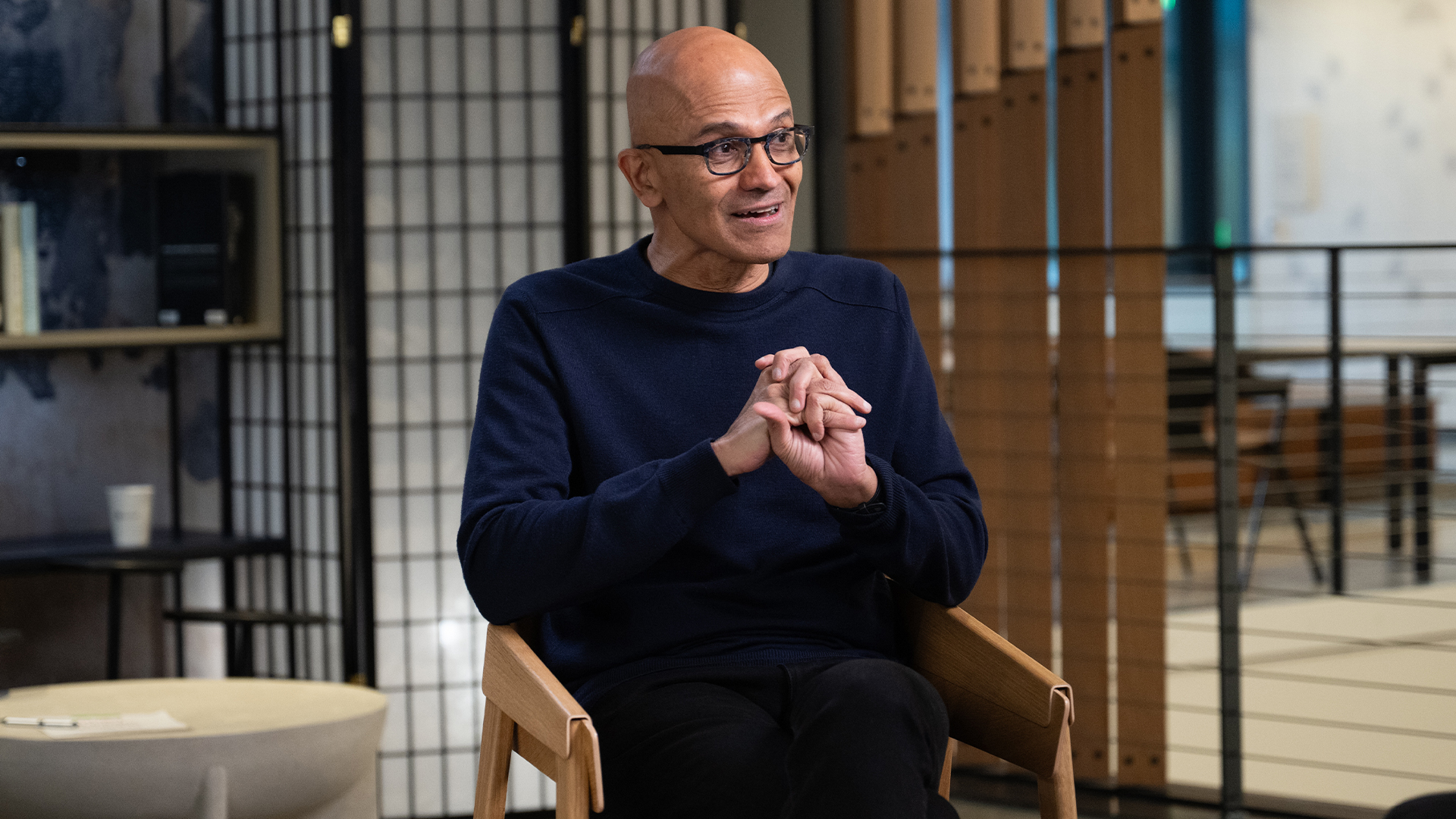 Microsoft CEO Satya Nadella says 'anyone can be a software developer' with AI
Microsoft CEO Satya Nadella says 'anyone can be a software developer' with AINews AI will cause job losses in software development, Nadella admitted, but claimed many will reskill and adapt to new ways of working
-
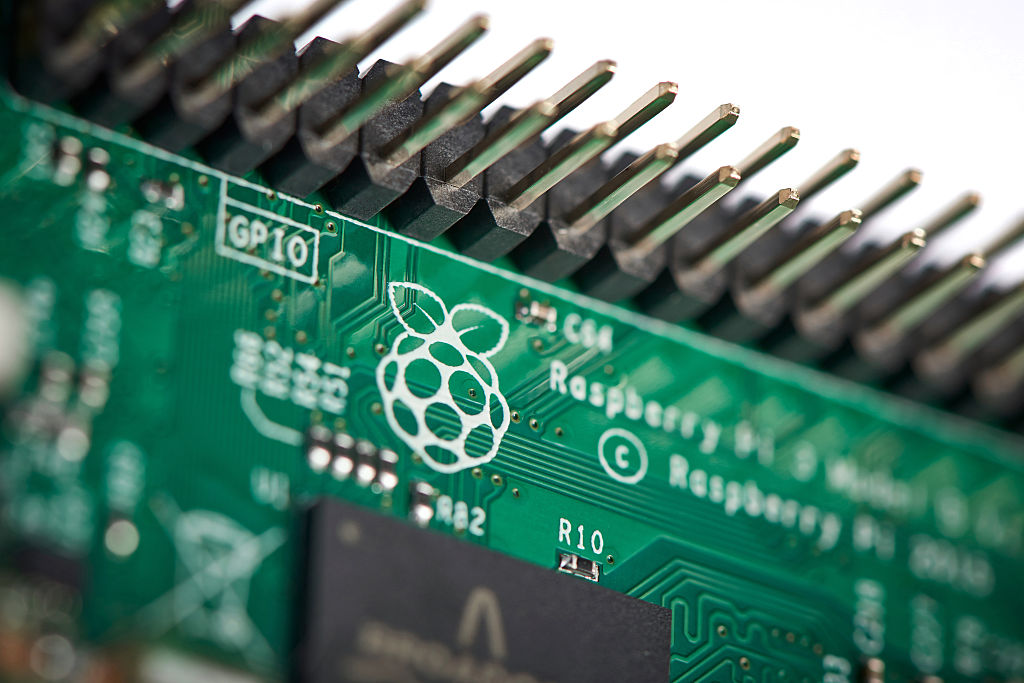 Arm acquires stake in Raspberry Pi in bid to drive IoT development
Arm acquires stake in Raspberry Pi in bid to drive IoT developmentNews The deal confirms a long-standing Raspberry Pi commitment to Arm chips
-
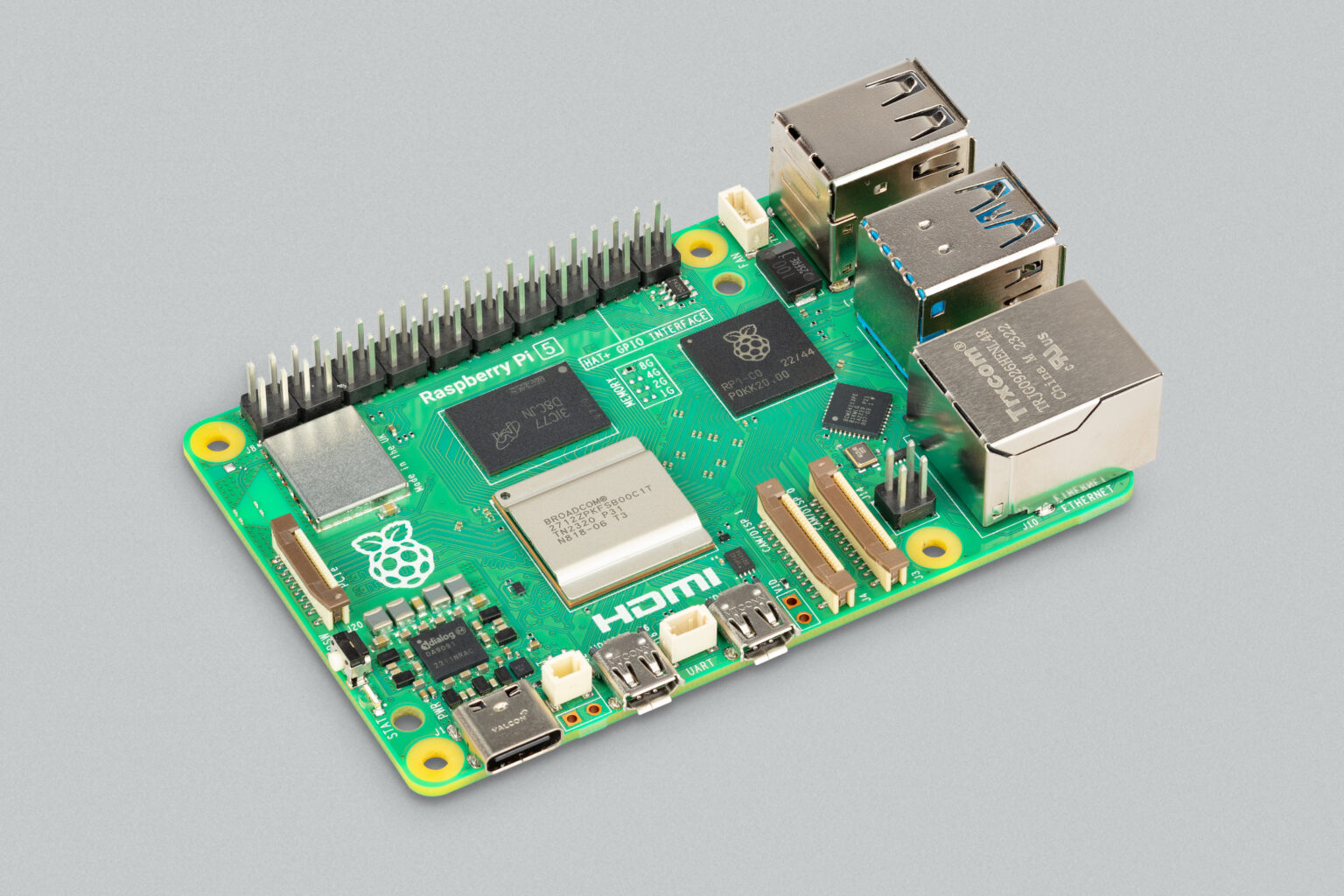 Raspberry Pi 5: New model is “2-3 times more powerful” than previous generation
Raspberry Pi 5: New model is “2-3 times more powerful” than previous generationNews The new Raspberry Pi 5 will provide a “no-compromise user experience”, the firm said
-
 Sony invests in Raspberry Pi to strengthen edge AI offering
Sony invests in Raspberry Pi to strengthen edge AI offeringNews The move follows longstanding ties between the two firms
-
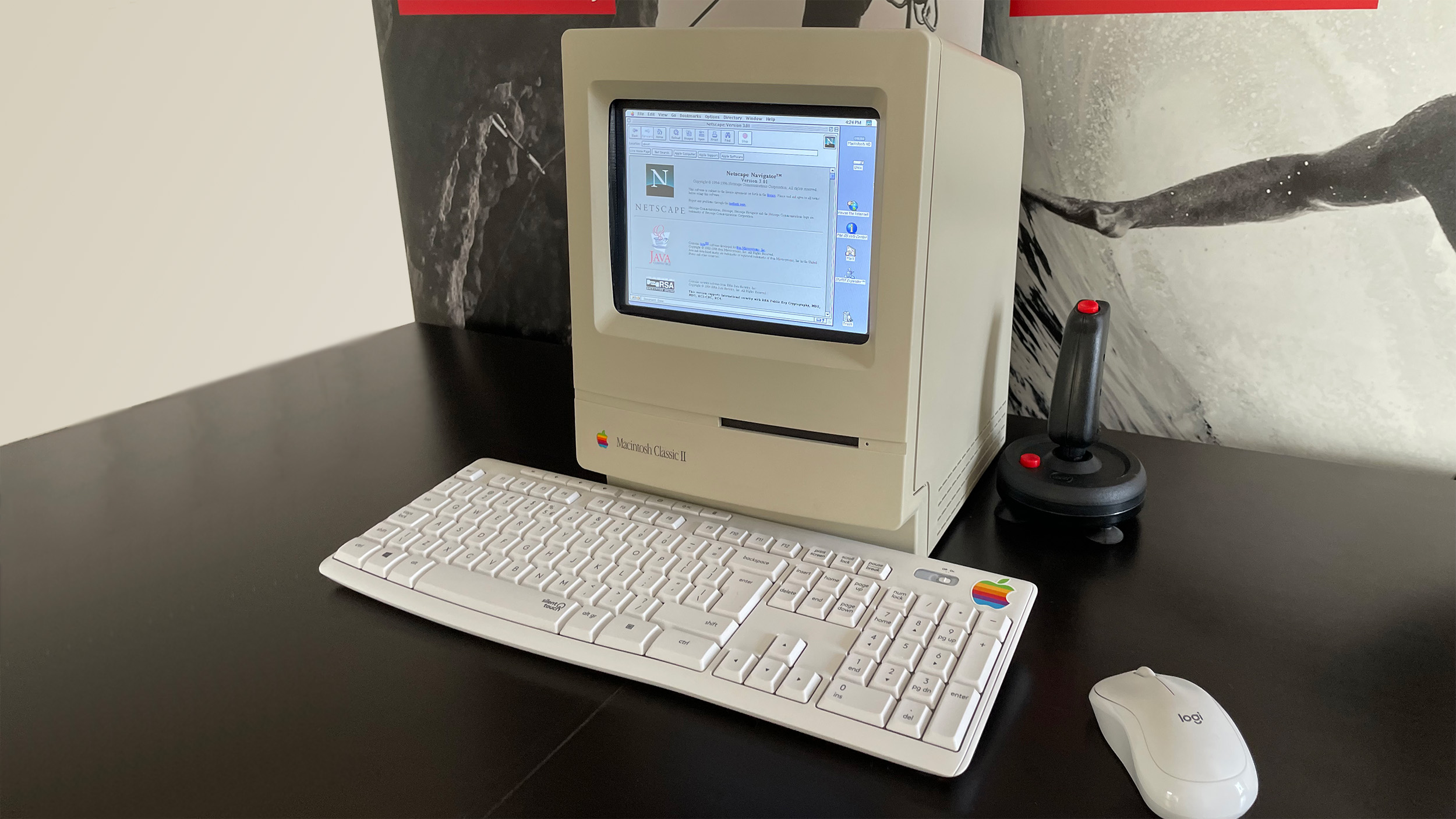 Return of the Mac
Return of the MacIn-depth Developer Jarosław Mazurkiewicz explains the creative process behind MacintoshPi and why he wanted to bring a classic Mac back to life
-
 Raspberry Pi ten years on: Breathing new life into retro machines
Raspberry Pi ten years on: Breathing new life into retro machinesIn-depth A full decade after the Raspberry Pi first hit shelves, the microcomputer is reviving older PCs and games consoles
-
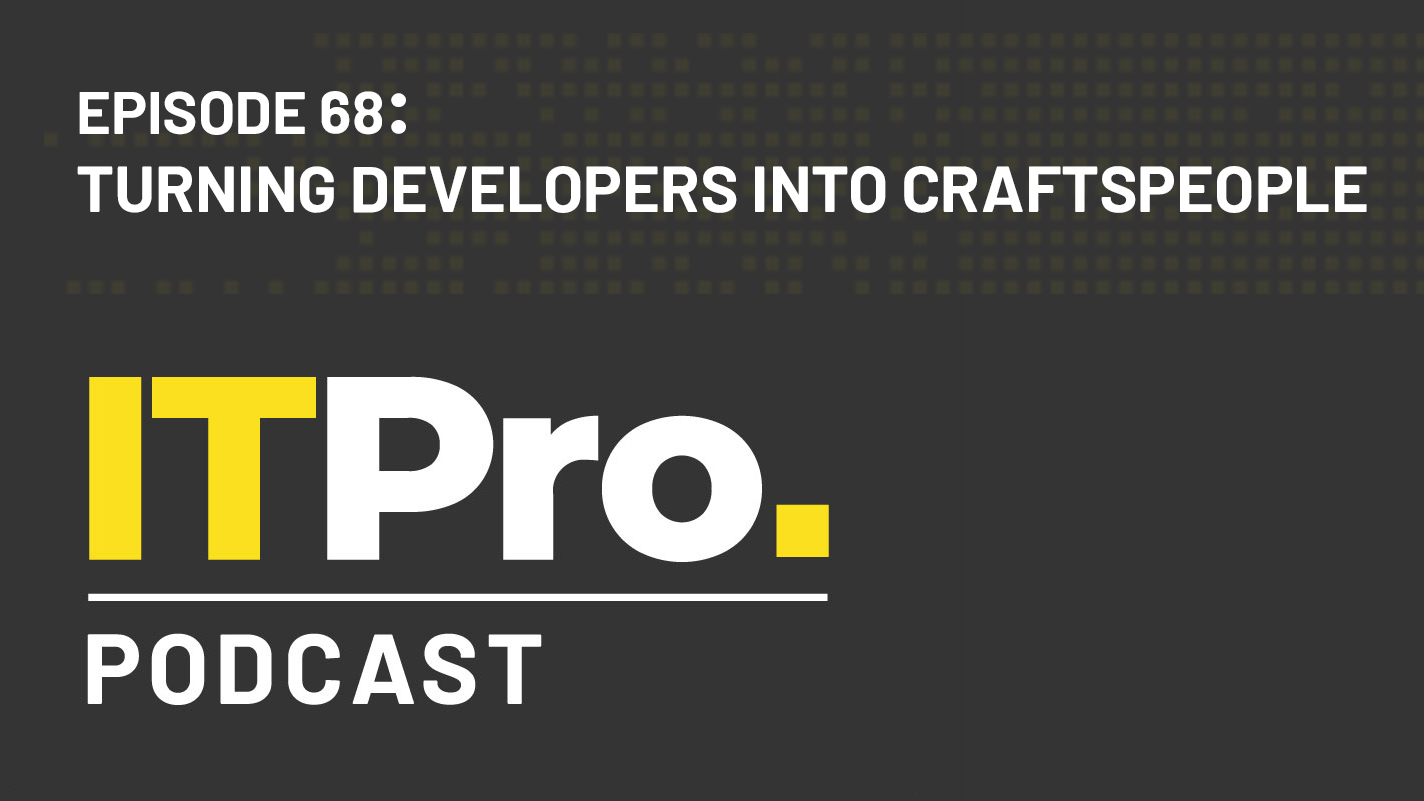 The IT Pro Podcast: Turning developers into craftspeople
The IT Pro Podcast: Turning developers into craftspeopleIT Pro Podcast Making software is about much more than pushing code, explains Raspberry Pi founder Eben Upton
-
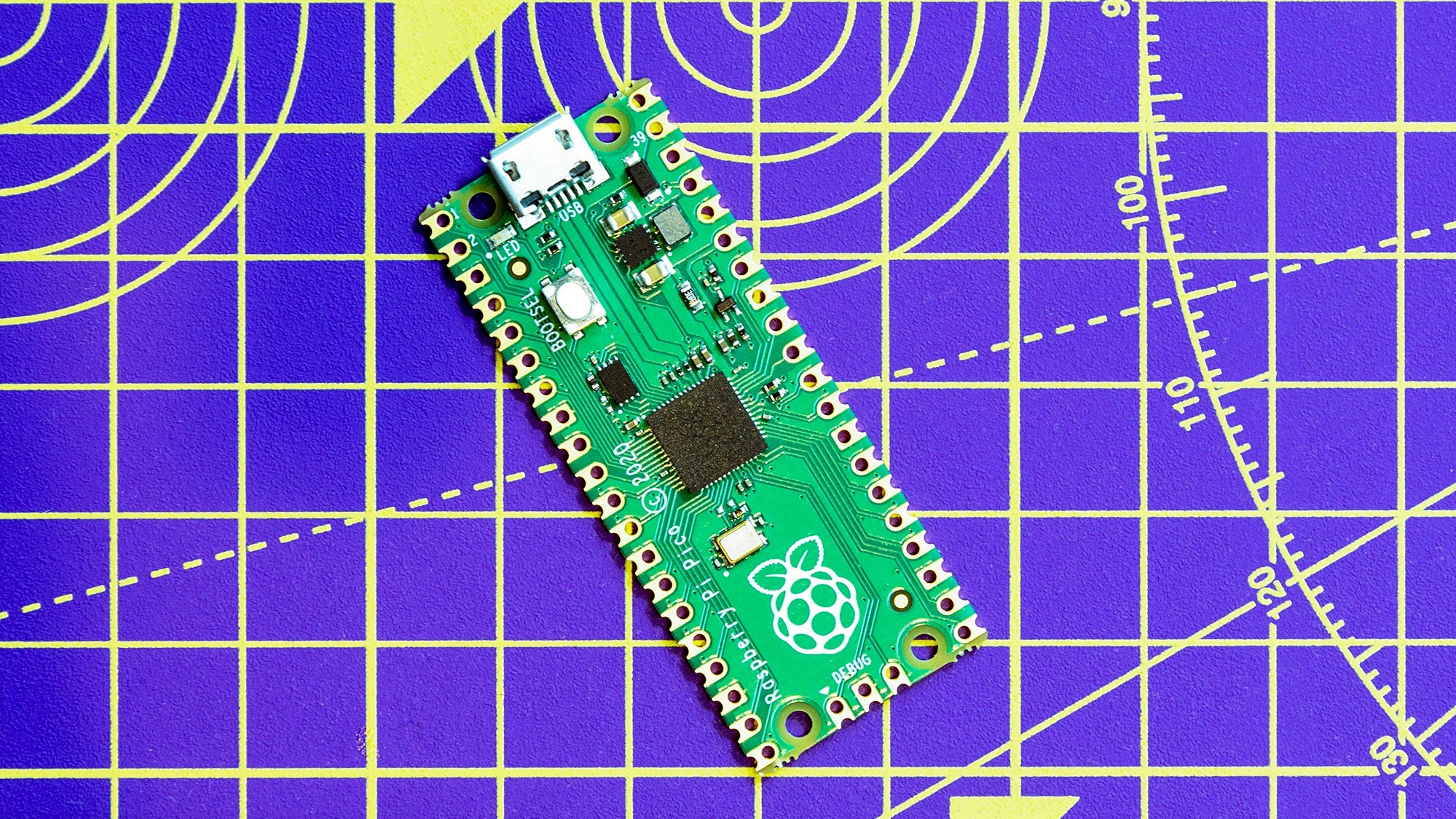 What is the Raspberry Pi Pico?
What is the Raspberry Pi Pico?In-depth Introducing the latest $4 member of the family of single-board microcomputers
-
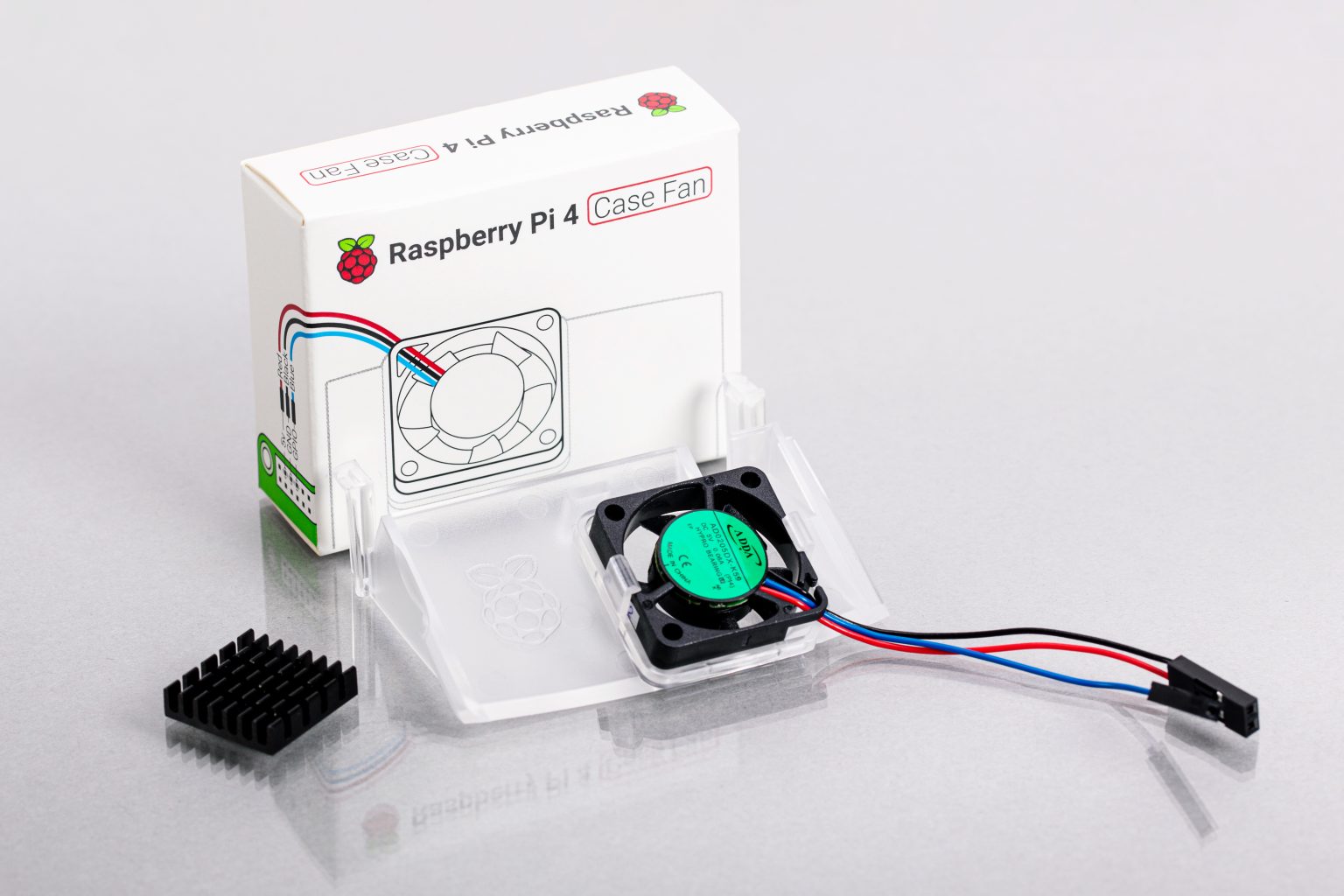 Raspberry Pi 4 gets an official case fan
Raspberry Pi 4 gets an official case fanNews The £4.50 fan will prevent the board's ARM Cortex-A72 processor from overheating